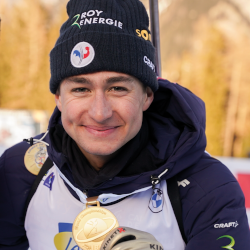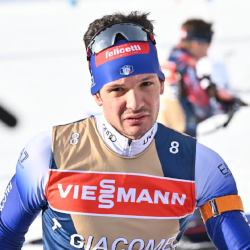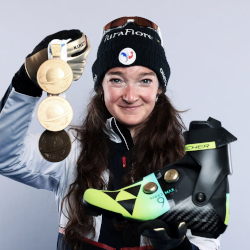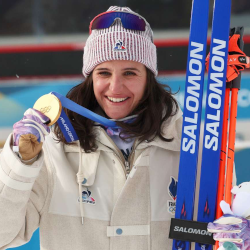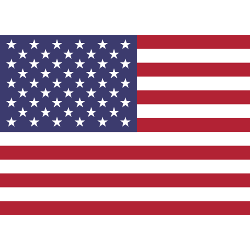Olympic Games Are Losing Sponsor After Sponsor: Why Is This Happening?
Bridgestone, a Japanese manufacturing business, is just the latest in a string of sponsors to announce that it won’t be renewing its sponsorship agreement with the Olympic and Paralympic Games when it expires this year.
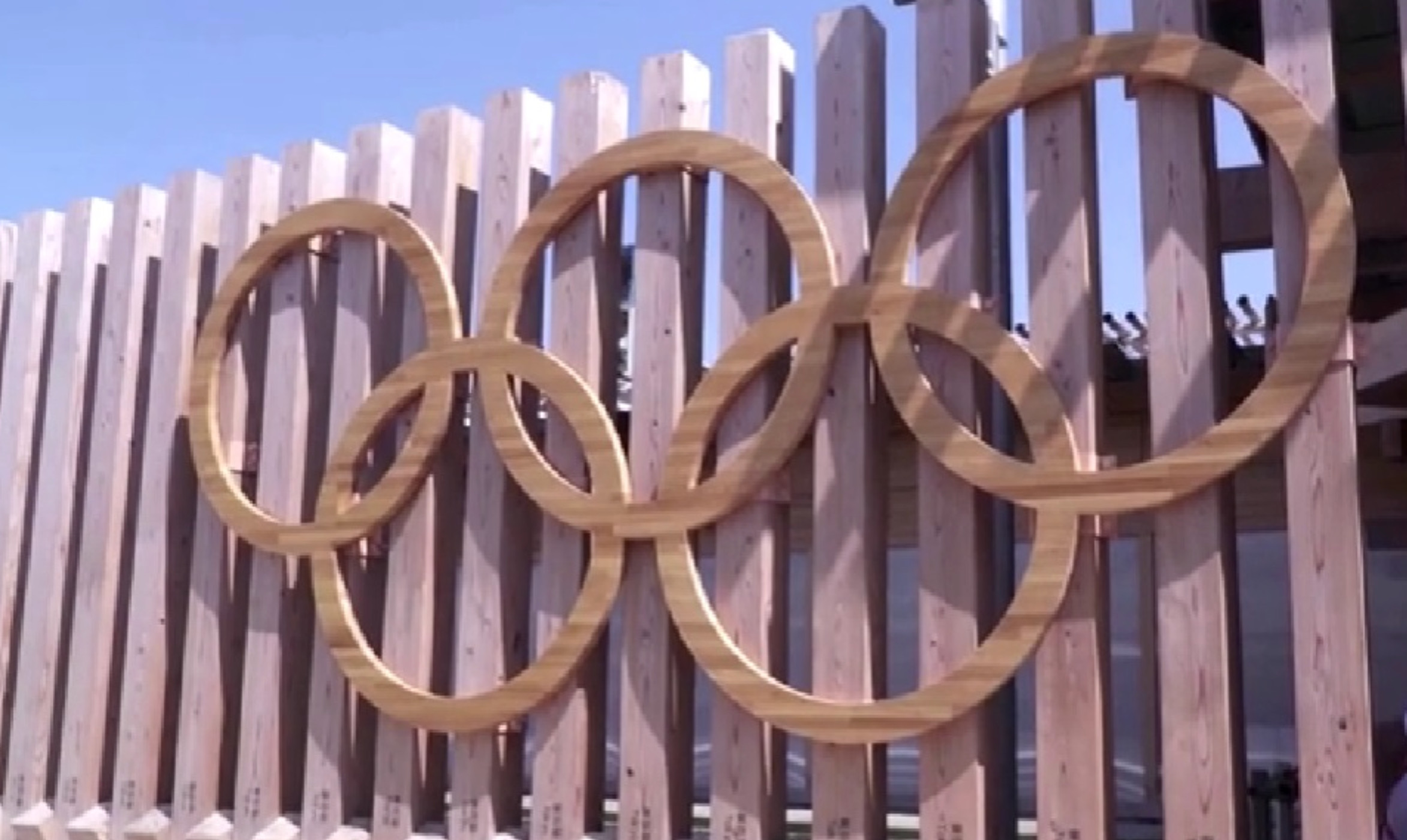
Photo: Oympic logo (screenshot youtube.com/@Reuters)
It was already known that the International Olympic Committee (IOC) wouldn’t have a chance to renew the sponsorships of Panasonic Holdings and Toyota Motors. However, following these two announcements, Bridgestone Corporation, a Japanese tire manufacturer, declared that it won’t renew its sponsorship after the present deal expires at the end of this year. The multinational business made it clear that, although it doesn’t wish to prolong the contract, it still supports the International Olympic Committee’s mission to use sports to improve the world.
Nearly simultaneously with Toyota, the Japanese electronics giant Panasonic recently stated that it was withdrawing its investment in the Olympics, citing “management considerations” as the cause. The firm, having its headquarters in Osaka, has sponsored the Olympics since 1987 and the Paralympics since 2014. But it has made the decision not to extend its contract, which is set to expire in December. Since 2014, Bridgestone has partnered with the Olympic Games. Consequently, the three primary supporters of the International Olympic Committee—all of whom are Japanese—won’t be present in the sponsorship pool anymore.
Sole Business Protesting IOC Policy Is Toyota
Toyota has expressed publicly its displeasure with the IOC’s sponsorship budget distribution, claiming that the funds aren’t being used efficiently to help athletes and advance sports. Toyota has therefore decided to discontinue its almost 10-year sponsorship of the Olympics, citing the Games’ growing political content and the company’s perception that athletes have been marginalized.
Toyota really pays attention to who they sponsor in the sports world. After owning its own sports teams for decades, Toyota began hiring foreign athletes and narrowed its focus to the following sports in the 2000s: women’s softball, baseball, rugby, basketball, long-distance running, and short-track speed skating. After that, it started collaborating with major athletic events, including the FIFA Club World Cup, whose sponsorship began in 1984 and ended in 2014 (the following year the company entered a partnership with the IOC). By the way, the next tournament will be held in the US in 2025. Bear in mind that UEFA clubs have historically dominated the Club World Cup, producing the previous 11 winners, if you’re searching for football betting websites to join up and place the wager with before the event.
The company’s president, Akio Toyoda, seemed unhappy with the way the Games were transforming: “Toyota was unhappy with how the IOC used the sponsorship money; it wasn’t effectively allocated to support athletes or promote sport. For a while now, I’ve wondered whether the event truly puts athletes first.”
On the contrary, Bridgestone didn’t make such claims to the public. In an effort to concentrate more on motorsport, Bridgestone has announced an allocation and strategy shift.
The absence of three major Japanese sponsors will undoubtedly cause chaos at the IOC Lausanne headquarters, despite the tree manufacturer’s communications department’s remark that they didn’t want to leave a door closed forever. This is the first time that the Olympics have no Japanese partners, which might be the end of Japanese business’s love of the Olympic Games or a delayed consequence of the Dentsu scandal, revealed last year.
In Olympics Bid-Rigging Scandal, Japan’s Leading Advertising Agency Charged in 2023
In a corruption case involving claims of bid-rigging during the Tokyo Olympics, Japan’s largest advertising agency, Dentsu Group, and five other businesses were charged with breaking anti-monopoly legislation last February.
The indictment came after three other people and a senior official from the Tokyo 2020 organizing committee were arrested on charges of manipulating a series of tenders tied to the Olympic Games.
Dentsu, the well-known advertising agencies Hakuhodo and Tokyu Agency, and the event organizers Same Two, Cerespo, and Fuji Creative Corp. were all charged by prosecutors. Additionally, prosecutors are looking into allegations that a former board member of Tokyo 2020 stole money from businesses in return for Olympic partnership agreements.
More tips on Olympiad
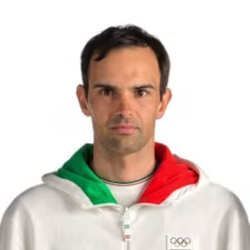
Andrea Giovannini

Jordan Stolz
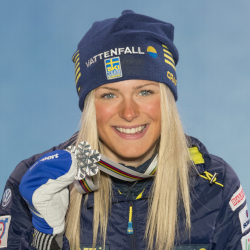
Frida Karlsson

Astrid Øyre Slind

Francesco Friedrich
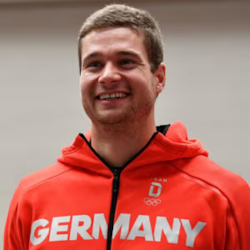
Johannes Lochner
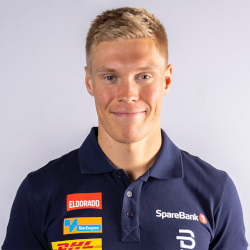
Martin Løwstrøm Nyenget

